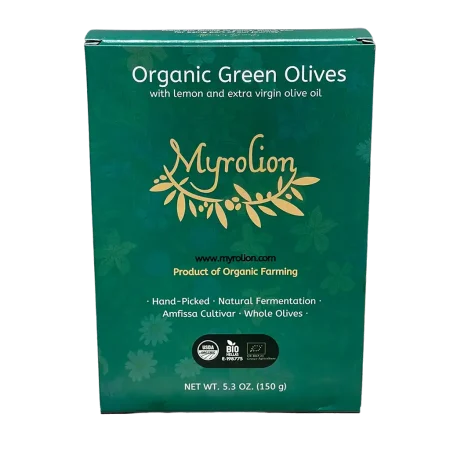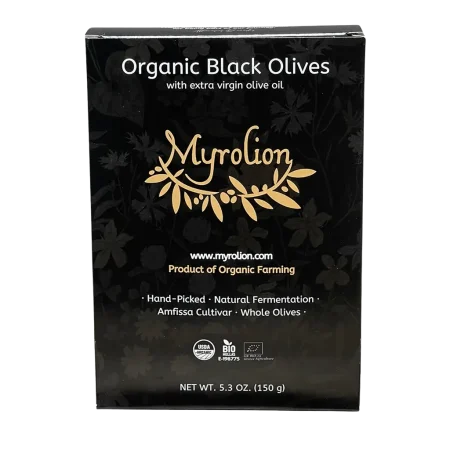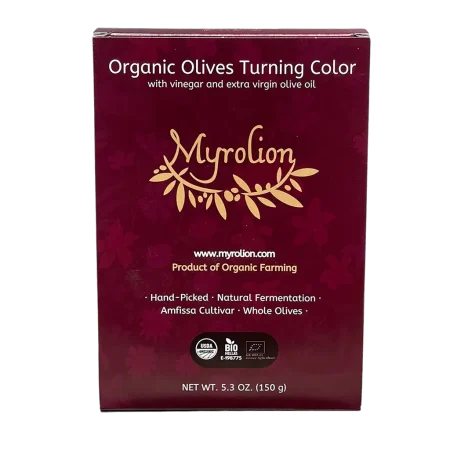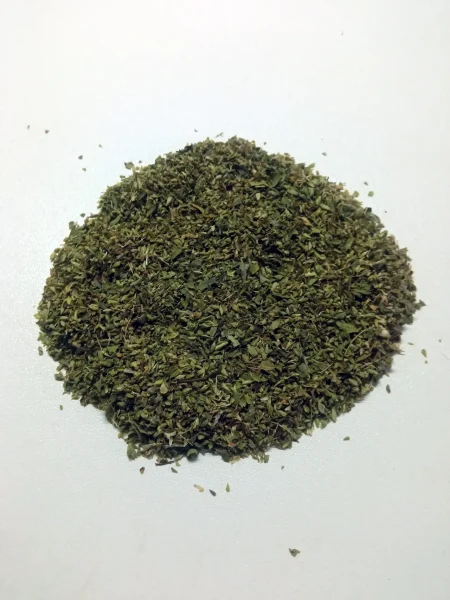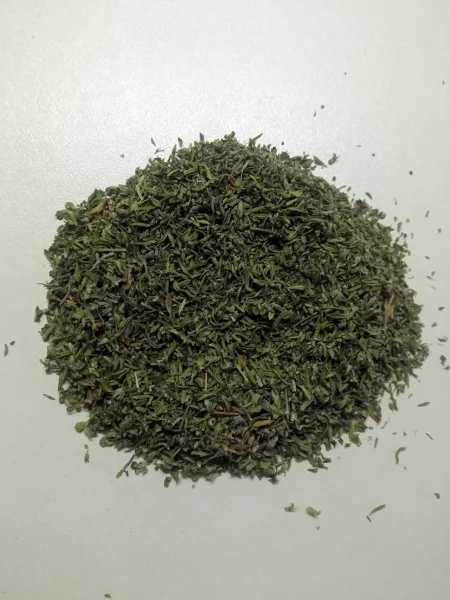Extra virgin olive oil consumption decreases the three main characteristics displayed by the Alzheimer’s disease phenotype.
American researchers have discovered that a diet rich with extra virgin olive oil (EVOO) – a core component of the Mediterranean Diet – can ward off memory loss and cognitive decline, protecting the brain from related conditions such as Alzheimer’s disease, Dementia and memory loss.
The findings, titled ‘Extra-virgin olive oil ameliorates cognition and neuropathology of the 3xTg mice: role of autophagy’ was published in the online journal, the Annals of Clinical and Translational Neurology, as a result of studies undertaken by researchers from Philadelphia’s Lewis Katz School of Medicine at Temple University led by Domenico Praticò, a professor of Pharmacology and Microbiology and the Center for Translational Medicine.
SEE MORE: Olive Oil Health BenefitsThe study aimed to investigate the effect that daily consumption of EVOO has on the incidence of Alzheimer’s disease by investigating its impact on an Alzheimer’s disease-like phenotype found in modified mice.
While recent studies have found that the phenolic compounds and antioxidant qualities of EVOO can protect against both disease-related and age-associated brain oxidation in mice, these studies only addressed one of the main characteristics of the Alzheimer’s disease phenotype.
To remedy this, researchers used mice that had been genetically modified to display the three main characteristics of Alzheimer’s disease: memory impairment, amyloid plaque buildup, and neurofibrillary tangles. Amyloid plaque buildup occurs when a fragment of a protein is produced in excess by the brain and creates a buildup between neurons, while neurofibrillary tangles occur when a protein called tau gets twisted, failing to transport essential nutrients in the brain and resulting in brain cell death.
The mice were divided into two randomized groups – one was fed a standard diet and the other a diet supplemented by EVOO from the Apulia region of Italy; an oil selected for its adherence to the stringent quality criteria required by researchers.
After a six-month period, the mice were put through various cognitive performance tests (including navigating through a maze and fear response training) before their brains underwent dissection and analysis.
Researchers discovered that the mice on the EVOO-rich diet displayed restored working and spatial memory in comparison to their baseline performance. Upon examination, it was discovered that the brains of the mice on the EVOO-rich diet had decreased peptide levels and deposits.
The diet was also found to decrease the levels of tau phosphorylation and pathology in the brains of the mice and improve synapse integrity and neuroinflammation with increased autophagy (the elimination of harmful accumulated debris).
As all the above are major characteristics of the Alzheimer’s disease phenotype, the study demonstrated that EVOO had a beneficial influence, with researchers concluding that the study provides “support to the positive cross-sectional and longitudinal data on this component of the Mediterranean diet, and most importantly the biological rationale to the novel hypothesis that EVOO could be considered as a viable therapeutic opportunity for preventing or halting Alzheimer’s disease.”
To follow up on the study, Temple Researchers plan on examining the effect that EVOO has in mice that have already developed Alzheimer’s symptoms to see if it can have any benefit to existing sufferers of the disease.



